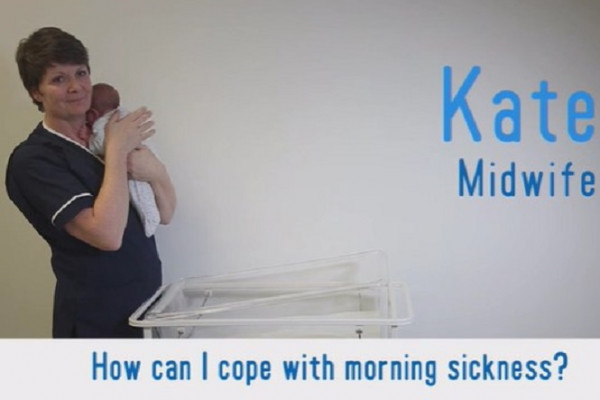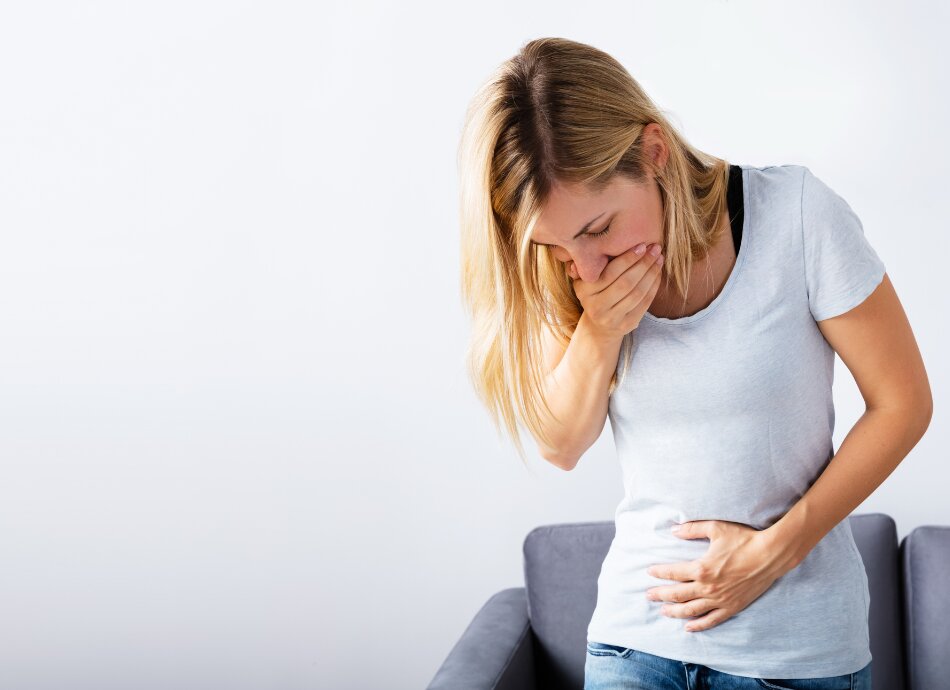Meals
- Have something to eat before getting out of bed in the morning (plain toast, dry cracker).
- Eat small meals regularly, as an empty stomach may trigger feeling sick or nauseous.
- Avoid foods that are fatty or make you feel nauseous. High-carbohydrate meals such as bread, rice, crackers and pasta are generally well tolerated.
- It might help to avoid cooking or preparing meals.
Fluids and hydration
- Keep yourself well hydrated.
- If you find it difficult to drink water, try sucking on crushed ice.
- Many women find icy cold fluids easier to get down.
- Small frequent sips of water, between meals, are easier to keep down.
- Sometimes sips of flat lemonade, diluted fruit juice, cordial, weak tea, ginger tea, clear soup or beef extract drinks are helpful.
Ginger
- There's some evidence ginger may help reduce nausea and vomiting (check with your pharmacist before taking ginger supplements during pregnancy).
- Ginger taken as ginger tea, ginger-containing foods or ginger capsules (from a pharmacy) may help calm your tummy.
Vitamin B6 (pyridoxine)
- Vitamin B6 supplements can be useful, but doses above 200 mg per day can actually be harmful. Talk to your lead maternity carer first before taking vitamin B6 supplements.
Rest and relaxation
- Get enough sleep, take rests if needed and avoid getting over tired.
- Don't try to maintain the same schedule or level of activity as you did before your pregnancy.
- Avoid stress and try stress-reduction techniques, like meditation.
- Fresh air might help make you feel better. Take a short walk if you're up to it, turn on a fan or try to sleep with a window open.
- Do not smoke cigarettes. Ask other people not to smoke around you.
Clothing
- Wear comfortable clothes without tight waistbands.
Brushing your teeth
- Delay brushing your teeth in the morning if you find it makes you sick. Instead, wait to brush until your stomach feels more settled.
- Also, wait about half an hour after eating to brush your teeth.
Acupressure bracelets or acupuncture
- Try sea-sickness acupressure bracelets or acupuncture. Some women find these helpful and there does not appear to be evidence of harm.
Video: How can I cope with morning sickness?
Midwife Kate Finch gives advice on how to deal with morning sickness. Click the image below and scroll to the bottom of the page to play video. This video may take a few moments to load.

(external link)
(NHS, UK, 2017)







